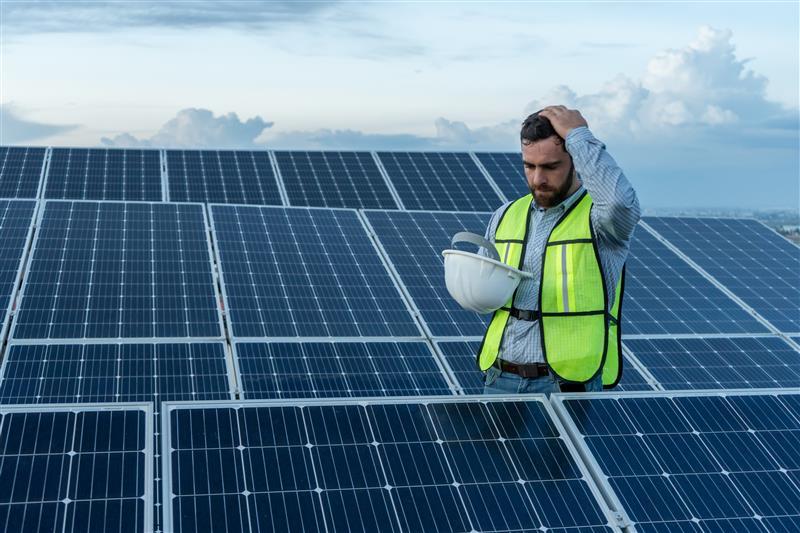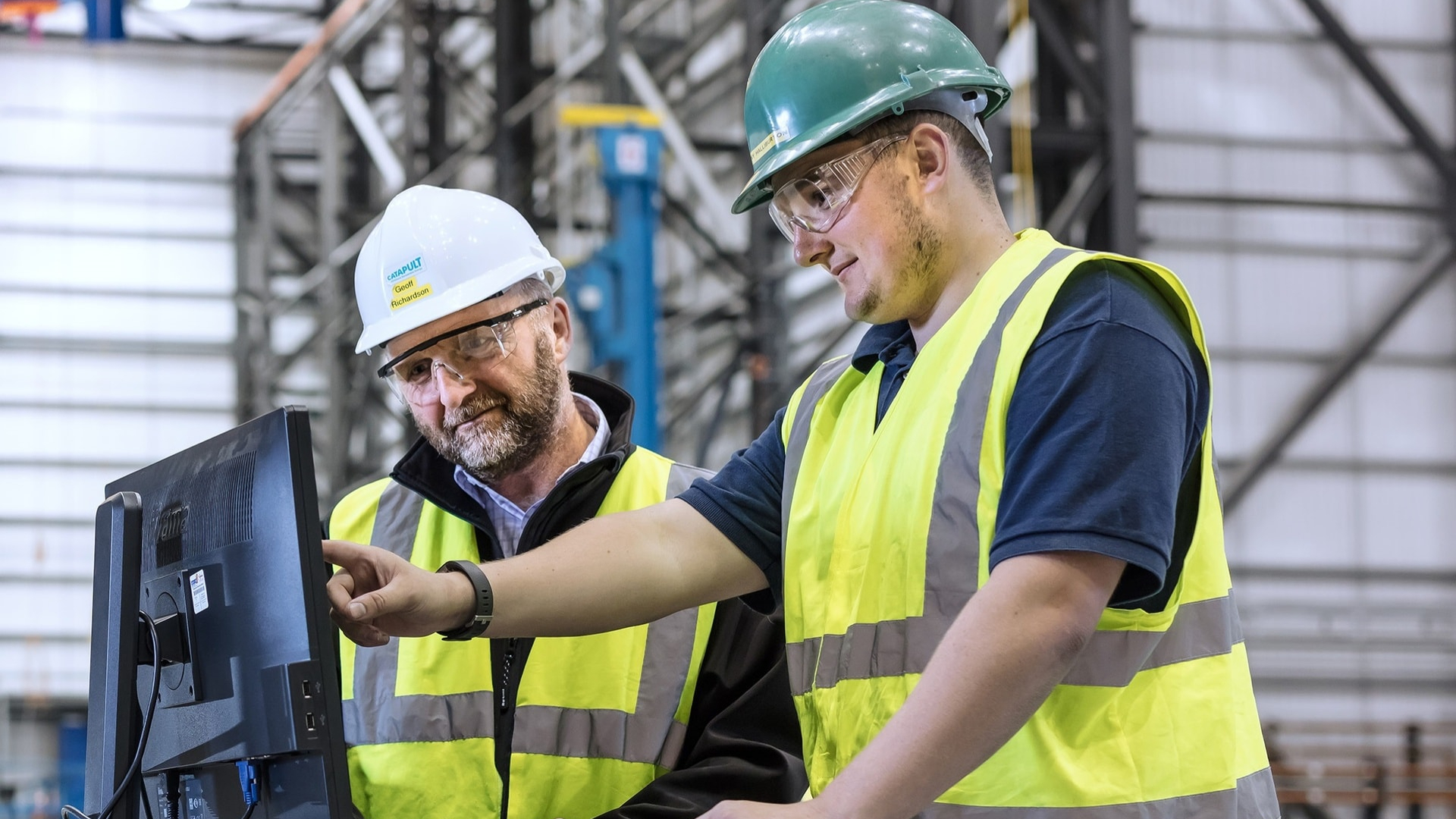News
Press Release: Let’s Go Zero named delivery partner for GB Energy’s school solar roll-out in North West England
Published in: Solar, Press Releases

National schools climate campaign Let’s Go Zero has been selected as part of a delivery consortium working with schools to roll out the UK Government’s GB Energy Solar Partnership in the North West of England.
Let’s Go Zero – led by climate solutions charity Ashden - will be a delivery partner within the Barker consortium, which includes several organisations with expertise in school decarbonisation planning, providing technical support and advice. More than 7000 schools in the UK are now signed up to Let’s Go Zero, showing their ambition to be zero carbon by 2030.
The consortium will support 46 schools and one college in the North West to decarbonise – including switching from fossil fuel-based energy systems to solar power. Let’s Go Zero will focus on behaviour change support and the creation of bespoke school climate action plans.

Energy is one of a school’s biggest costs. Government estimates suggest a typical school could save up to £25,000 annually through taking decarbonisation measures – freeing up funding for teaching or further energy efficiency upgrades.
The GB Energy Solar Partnership (formerly the Net Zero Accelerator Programme) aims to reduce energy costs for schools, reinvest savings into frontline services, and contribute to the UK's clean energy goals. It is part of a broader £200 million investment by Great British Energy, with the first phase targeting approximately 200 schools and 200 NHS sites.
Let’s Go Zero has more than 30 climate action advisors working across England who are already supporting schools to prepare and implement school climate action plans, helping create a culture for sustainability and saving money too. This includes four advisors based in the North West.
Alex Green, Head of Let’s Go Zero, says: “School rooftops are a hugely underused asset in the UK – so this solar roll-out in the North West is incredibly exciting.
“Let’s Go Zero will work closely with staff and students on energy-saving behaviours like switch-off campaigns and monitoring usage. Changing a variety of simple habits can cut a school’s energy use by at least 10%.
“Our Climate Action Advisors help each school identify the most effective solutions to cut energy bills, lower emissions, save money, and create inspiring learning environments for children, teachers, and families.”
Stephen Morgan MP, Minister for Early Education with responsibility for sustainability and climate across the education system, has emphasised the need for collaboration in order to take climate action quickly. Speaking at a recent Let’s Go Zero event he said: "At the Department for Education, we recognise both the scale of the challenge and the opportunity ahead of us in creating low carbon, climate resilient education settings. We need fresh thinking, stronger collaboration and practical action that unlocks investment building on climate action plans for all education settings and delivers real impact for learners, for staff and for the communities that we serve now. The challenges we face are urgent, but together we have the power to create lasting change."
How schools across England are already benefitting from the solar scheme
11 schools have already benefited from the GB Energy Solar Partnership, seven of which were supported by Let’s Go Zero and the Barker consortium, saving a total of £175,000 per year.
The experience of Feversham School in Bradford shows how fast and impactful solar upgrades can be. Since installing panels on their roof last spring, the school cut its electricity use from the grid by 63% (April–May 2024 compared to the same months in previous years), seeing immediate financial benefits.
Staff and pupils are enthusiastic and the school’s Eco-Warriors are using the solar data in assemblies and displays to share news about the savings.
Whiteknights Primary School in Reading installed a 19kWp solar PV system, generating 16,170kWh annually—meeting 14% of the school’s electricity needs, this is anticipated to cut emissions by 3 tonnes, and save over £3,200 per year. This builds on an existing installation, bringing additional monthly savings of £130.
The solar project has sparked wider action - staff completed climate workshops and created a tailored climate action plan. The money saved has gone into other environmental improvements across the school. Heating optimisation measures have already reduced gas use by 8%, and timer-controlled plugs and EV chargers are also in place.
And at St Mary’s Catholic Primary School in Axminster their £23,250 system was installed over a weekend and now powers much of the school day, saving £2,019 a year and cutting CO₂ by 3 tonnes.
Let’s Go Zero helped develop a climate action plan tailored to the school’s needs. “It was so helpful to see all the options laid out by our Climate Action Advisor - then narrow down to what we could realistically achieve,” says St Mary’s Sustainability Lead, Bethany Wood.
Lessons now feature solar and climate topics and pupils launched an eco club and run regular competitions that reward the most climate-friendly class.
“The children are so passionate, it’s infectious,” Ms Wood continues. “It’s made me feel more passionate about what I’m doing – creating ripple effects throughout the school.”
These extra learning and behavioural ‘co-benefits’ of installing solar at schools are very clear says Let’s Go Zero’s Alex Green: “At the schools that were part of the previous round of solar installations elsewhere in the country, the solar panels have become a visible and practical part of everyday education. Schools are such a vital part of community-wide education – the children go home and transfer their excitement and knowledge to their families, which has a really positive ripple effect.”
GB Energy intends to roll out solar at 200 schools over the coming year. Similar programmes are being offered by other consortium partners in the Midlands and North East of England.









